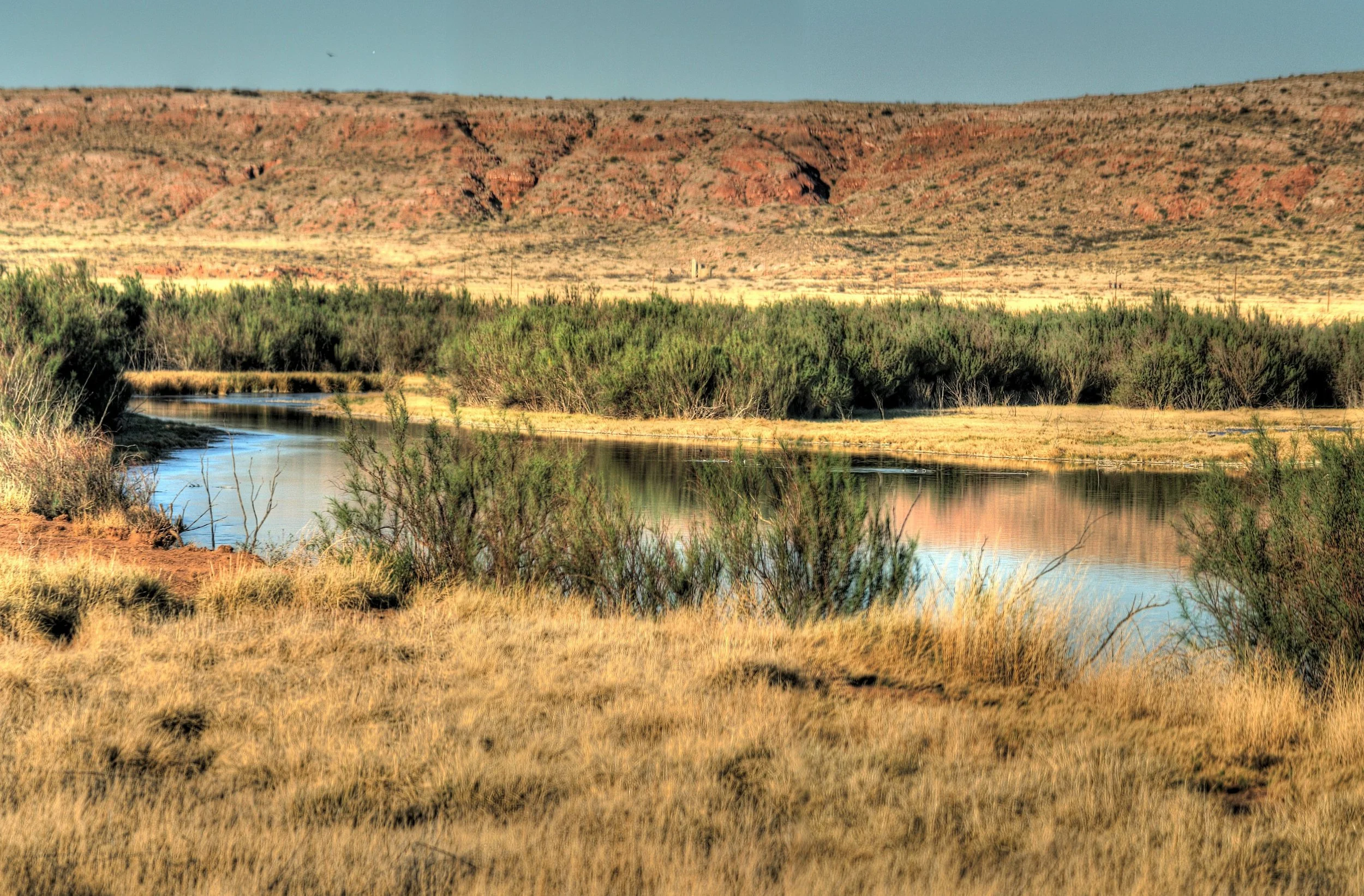Protections Restored To The Northeast Canyons and Seamounts Marine National Monument
President Joe Biden will sign a Proclamation restoring protections to the Northeast Canyons and Seamounts Marine National Monument, the first marine monument in the Atlantic Ocean. This monument, administered by the U.S. Fish and Wildlife Service as part of the National Wildlife Refuge System, protects unique geological features and habitats for whales, puffins, turtles, and deep-sea corals.





